The app stores are packed. Every week, developers push thousands of new apps into the world. But here’s the catch: most of them are copies. Tweaks. Iterations. Another food delivery platform. Another to-do list or reminder tool.
What about the fresh ones? What about the ideas that could genuinely shift how people move, think, work, or rest? These aren’t random shots in the dark. Each concept below is rooted in real problems, cultural changes, and missed opportunities. And none of them exist yet—at least not fully.
Let’s dive in.
1. Local Skill Swap
People have skills. People need help. What they often don’t have is money—or trust in strangers. Now, picture an app that connects people within a small radius who want to trade their skills. Someone teaches guitar for an hour. Someone else repairs their bike in return. No money exchange. Just a simple, trust-based barter system for the modern neighborhood.
Why it matters:
According to a report from the World Economic Forum in 2024, 62% of adults globally say they’d like to learn a new skill but can’t afford the courses. Meanwhile, 48% said they could teach something themselves.
What’s missing:
There are forums and Facebook groups doing this, but nothing seamless, trusted, and local. Add some simple verification, scheduling, and review systems, and this becomes powerful.
2. Offline Emergency App
When disaster strikes—floods, earthquakes, power outages—the internet often disappears. And with it, every lifeline. An emergency app should already be on every phone, storing contacts, first aid guides, offline maps, and local emergency numbers. It could even ping nearby users with distress signals via Bluetooth if cellular networks go down.
Why it matters:
In 2023, wildfires displaced over 4 million people globally (UNDRR data), many of whom couldn’t access digital help during the chaos. Apps that rely on Wi-Fi or LTE are useless in those moments.
What’s missing:
There’s no standard. No government-endorsed or community-verified app that stays alive when the rest go dark. It’s not just useful. It could save lives.
3. Pocket Therapist for Real-Time Emotions
Not a meditation app. Not a journal. Imagine something that responds when someone’s spiraling, not afterward. An app that detects changes in voice, typing speed, or even touch pressure and quietly offers real-time grounding exercises, comforting audio, or a way to talk things through with a trained human if needed.
Why it matters:
A 2024 Gallup report showed 44% of people under 35 experience regular anxiety, but only 12% seek professional help. The gap is huge.
What’s missing:
Current wellness apps are passive. They offer tools but don’t step in when it’s most urgent. This app would listen—not spy, but sense—and reach out.
4. True Expiry Tracker for Food
Most people throw out food that’s still edible. Others forget what’s in the fridge until it becomes unrecognizable. A phone-based food tracker that uses a camera to log what goes in, uses visual AI to suggest when it might expire, and sends gentle nudges to use it up would change habits at scale.
Why it matters:
According to the FAO, roughly 1.3 billion tons of food are wasted globally every year. In the US alone, 40% of food goes uneaten.
What’s missing:
There are grocery list apps and barcode scanners, but nothing frictionless. This app doesn’t need perfection. Just open your fridge, snap a photo, and it helps from there.
5. Slow Travel Companion
Modern travel apps tell people where to go. This one would suggest where not to. Instead of guiding toward famous spots, it would curate places off the path. Local farms. Quiet trails. Handmade markets. It would connect travelers to local hosts offering walks, home-cooked meals, or forgotten stories of the area.
Why it matters:
Over-tourism is crushing local ecosystems. In Venice, 30 million tourists visited in 2023—against a local population of around 50,000.
What’s missing:
Airbnb Experiences try this, but they’re too commercial. What’s needed is something that gently builds empathy and exploration, not just transactions.
6. Crowd-Sourced City Fixer
Streets crack. Lights flicker. Trash overflows. But nobody knows who to tell. What if there was a single place to report all small city problems—something easy, visual, and tied directly to local councils?
Users take a photo, mark a pin, and tag the issue. Others upvote it. Municipal bodies receive a daily digest of the top problems in their area. Think of it as Waze but for civic fixes.
Why it matters:
In 2023, New York City received over 3 million 311 calls for public issues. Many went untracked, undocumented, or repeated. Cities everywhere face the same mess.
What’s missing:
Some cities have apps, but they’re clunky. They assume people care enough to download them. A beautiful, universal one could change engagement everywhere.
7. Parent Trade: Trusted Micro Babysitting
Here’s how it works: parents join a verified, neighborhood-based group. They list their availability or request time off. In return, they agree to watch another kid for the same amount of time later. No money. Just time traded in a trusted circle.
Why it matters:
A Care.com study in 2024 revealed childcare costs have risen by 41% since 2020. Families are stuck. And many parents say they don’t trust strangers on care platforms.
What’s missing:
This idea isn’t new, but it hasn’t been digitized in a smart, safe way. Verification, time tracking, reminders, and reviews—none of that exists in one smooth tool.
8. Archive Me
Everyone’s digital life is a mess. Scattered photos. Emails. Social media posts. Notes. Files. This app would collect everything people write, create, or capture across devices, and neatly organize it by year, theme, or topic.
Want to see what you were doing in June 2020? Tap once. Want to pull every file you’ve ever written about “Japan” or “grief”? There it is.
Why it matters:
The average person has 1.9 devices and over 300,000 digital files (Adobe study, 2024). Most of it is forgotten, impossible to find, or duplicated.
What’s missing:
Backups exist. But true, intelligent personal archives don’t. This would feel like a time machine and a diary rolled into one.
9. Ethical Ad Blocker + Tipper
Advertising isn’t going anywhere. But it doesn’t have to track and manipulate. This app would block all invasive ads—then let people “tip” the content creators they love directly. Want to support your favorite news site without being bombarded? Just set a monthly tip pool, and the app spreads it based on your reading habits.
Why it matters:
Ad revenue for creators is shrinking. In 2024, the average YouTuber makes 34% less than they did three years ago (YouTube Partner Program data). Meanwhile, ad blockers are used by over 42% of internet users.
What’s missing:
A fair middle path. Something that lets people block the noise but support the voices they care about without guilt or complexity.
10. Real-World Relationship Tracker
Friendships fade. Not because people want them to, but because life gets in the way. This app wouldn’t track love or dating—it would focus on friendships. It reminds people who they haven’t seen in a while. Suggests a walk. Offers tiny nudges like “Send a photo to your cousin—it’s been 2 months.”
Why it matters:
A 2024 Harvard study found that regular contact with just 4 non-work people each week improves life satisfaction by 46%. Yet, over half of adults say they feel socially isolated at least sometimes.
What’s missing:
Apps focus on likes, replies, and shares. But that’s not real connection. Something gentle and real-world oriented could help people nurture what they already have.
So Why Aren’t These Apps Here Yet?
Some of these ideas exist as bits and pieces. A website here. A forum there. Maybe a pilot in one city. But nobody has built them at full scale. Usually, it’s because they don’t scream profit. They’re messy. Hard to monetize. Built more on trust than tech.
But this is where the real value lies.
Each of these ideas taps into needs that aren’t going away:
- The longing for community
- The cost of disconnection
- The clutter of modern life
- The pressure of speed
- The rising cost of living
- The environmental edge of waste
They’re not viral gimmicks. They’re slow-burn, real-world tools.
The Opportunity
Building something new doesn’t always mean inventing from scratch. Sometimes, it means noticing what hasn’t been done right. What hasn’t been made easy? What hasn’t been stitched together in a way that respects how people actually live?
There’s room here. Not just for developers, but for thinkers, designers, social workers, teachers, and people who simply give a damn.
So, if one of these ideas struck a chord, run with it. Talk to people. Sketch it out. Solve something small. The,n scale slowly. Good ideas don’t have to be fast. They have to be real.
And right now, the world could use more of those.



